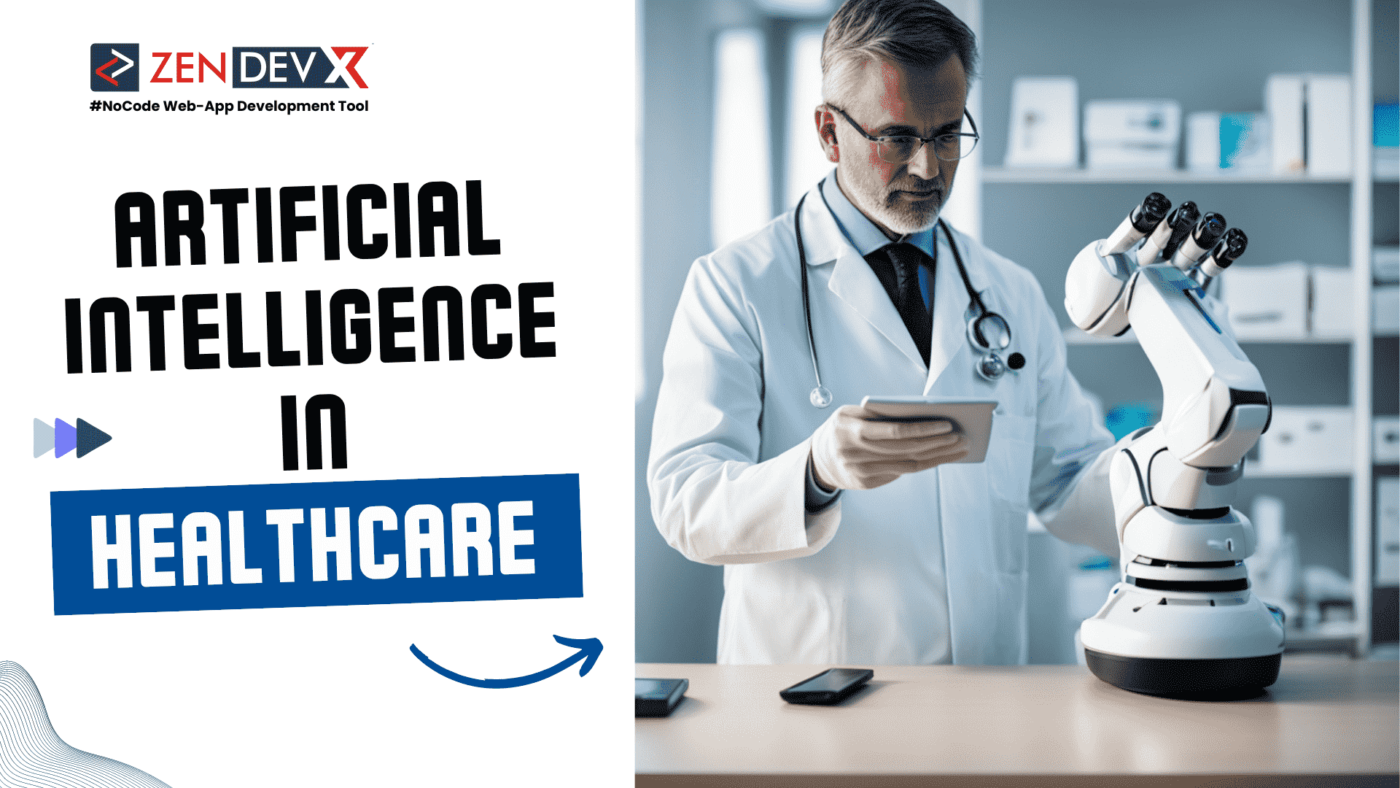Introduction :
Artificial intelligence (AI) is driving a change in the healthcare scene by means of growing integration. From developing customized treatment plans to early disease detection analysis of medical pictures, artificial intelligence is revolutionizing how medical personnel diagnose, treat, and manage patient care. This paper explores the fascinating field of artificial intelligence in healthcare together with its possible advantages, present difficulties, and future opportunities.
Precise diagnosis :
Trained on enormous volumes of medical data, artificial intelligence-powered algorithms can find trends and anomalies likely to elude human notice. This helps doctors to identify ailments including cancer, heart disease, and neurological conditions at earlier stages, therefore enhancing treatment results and patient survival rates. For instance, artificial intelligence systems can examine mammograms with more precision than people, hence perhaps lowering false positives and needless biopsies.
Customized Medicines :
AI can assist design individualized treatment strategies fit for a patient by examining their particular genetic makeup, medical history, and environmental circumstances. Precision medicine is this method that has great potential to lower side effects and increase therapeutic success. By helping to forecast patient responses to various drugs, artificial intelligence (AI) enables clinicians to maximize treatment plans and make more educated judgments.
Issues and Concerns :
Adoption of artificial intelligence in healthcare presents numerous difficulties even if its great promise. Still a major problem are data privacy issues related to patient information. Furthermore, guaranteeing the ethical and fair application of artificial intelligence algorithms is essential to prevent the continuation of prejudices in data on healthcare. Moreover, including artificial intelligence into current healthcare systems and processes calls for careful design of infrastructure and planning.
The Path Ahead :
Notwithstanding these obstacles, artificial intelligence has a bright future in healthcare. AI-powered tools will grow increasingly complex and effortlessly included into healthcare systems as research and development go on. Driven by the transforming potential of artificial intelligence, we should witness developments in fields including medication research, robotic surgery, even mental health diagnoses.
Conclusion :
Integration of artificial intelligence in healthcare has great possibilities to enhance patient care, individualized therapy, and efficient healthcare delivery. Although there are still issues to solve, continuous study and cooperation among healthcare experts, academics, and technology developers will help to shape the direction of healthcare so guaranteeing responsible and effective uses of artificial intelligence for the advantage of patients all around.


